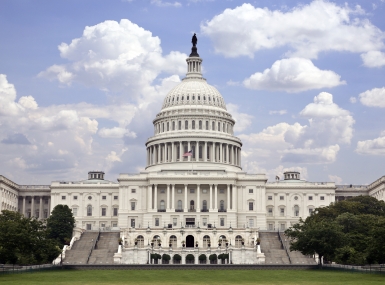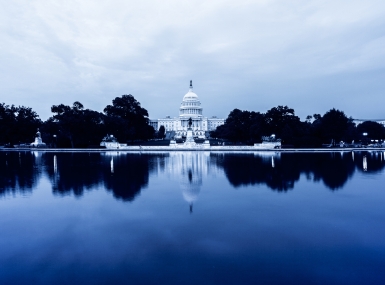Senate pulls the plug on taxing Internet access
Author

Mike Belarmino
Upcoming Events
Related News

H.R. 644 permanently excludes states and local governments from taxing Internet access
States and local governments will be permanently excluded from taxing Internet access services thanks to a provision in the conference report on H.R. 644, a trade and customs enforcement bill passed by the Senate Feb. 11.
The measure included a permanent extension of the Internet Tax Freedom Act (ITFA). As a result, state and local taxes on Internet access services are permanently prohibited and the grandfathered states will have until June 2020 to phase out their existing taxes on Internet access.
The ITFA language was “air-dropped” into the conference report, meaning it was a provision that was not part of the underlying bill that either the U.S. House of Representatives or Senate originally voted on in mid-2015.
The ITFA, enacted in 1998, preempts state and local government authority to tax Internet access services. Currently, seven states (Hawaii, New Mexico, North Dakota, Ohio, South Dakota, Texas and Wisconsin) were grandfathered under ITFA and are still collecting more than $500 million a year in taxes.
When first enacted, ITFA was only intended to be temporary in order to allow the Internet to “grow.” For over a decade, NACo, and other state and local government groups fought off attempts to permanently extend the preemption, resulting in eight short-term extensions. The primary goal was to ensure that Congress was periodically compelled to revisit whether the preemption of state and local authority was still necessary in light of the law’s original intent of allowing the Internet to grow.
Despite the tremendous growth of the Internet over the last 17 years, proponents of the legislation still believed it needed to be protected. As more telecommunication and video services leave cable and transition to the Internet, critical revenue for local government such as franchise fees, rights-of-way fees and other fees could be substantially affected.
In recent years, Senate champions for remote sales tax legislation, like the Marketplace Fairness Act (MFA), have attempted to combine consideration of any extension of ITFA with MFA. Attempts have largely been unsuccessful, despite Senate passage of the Marketplace Fairness Act in 2013 by a strong bipartisan vote.
In the days leading up to the Senate vote on the conference report, the strategy by MFA proponents appeared to be to attempt to strip out the permanent language from the report.
However, two days before the vote a deal was struck between Senate leaders that resulted in senators dropping their opposition to the conference report in exchange for a promise from Majority Leader Mitch McConnell (R-Ky.) that MFA would be considered “at some point” this year. The timing remains uncertain at this point.
The bill now heads to the president’s desk for his signature.
Attachments
Related News

County Countdown – Dec. 15, 2025
Every other week, NACo's County Countdown reviews top federal policy advocacy items with an eye towards counties and the intergovernmental partnership.

U.S. Congress passes reconciliation bill: What it means for counties
On July 3, the U.S. Congress passed sweeping budget reconciliation legislation.

U.S. Senate passes amended reconciliation bill text: What it means for counties
On July 1, the U.S. Senate narrowly passed their version of sweeping budget reconciliation legislation.